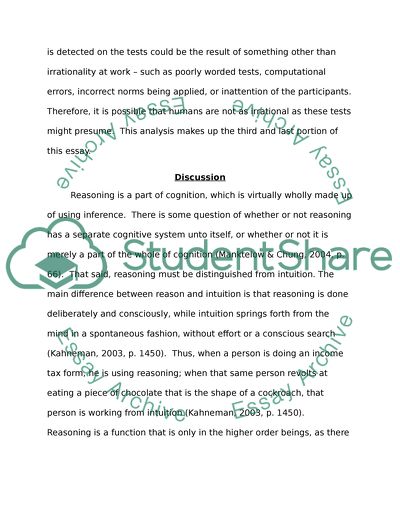Cite this document
(“Humans are rational. Critically discuss the theoretical and empirical Essay”, n.d.)
Retrieved from https://studentshare.org/environmental-studies/1410205-humans-are-rational-critically-discuss-the
Retrieved from https://studentshare.org/environmental-studies/1410205-humans-are-rational-critically-discuss-the
(Humans Are Rational. Critically Discuss the Theoretical and Empirical Essay)
https://studentshare.org/environmental-studies/1410205-humans-are-rational-critically-discuss-the.
https://studentshare.org/environmental-studies/1410205-humans-are-rational-critically-discuss-the.
“Humans Are Rational. Critically Discuss the Theoretical and Empirical Essay”, n.d. https://studentshare.org/environmental-studies/1410205-humans-are-rational-critically-discuss-the.


